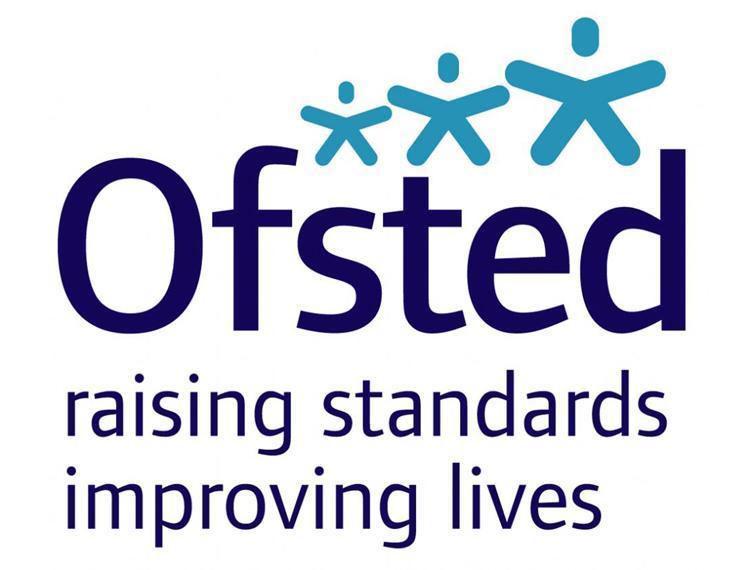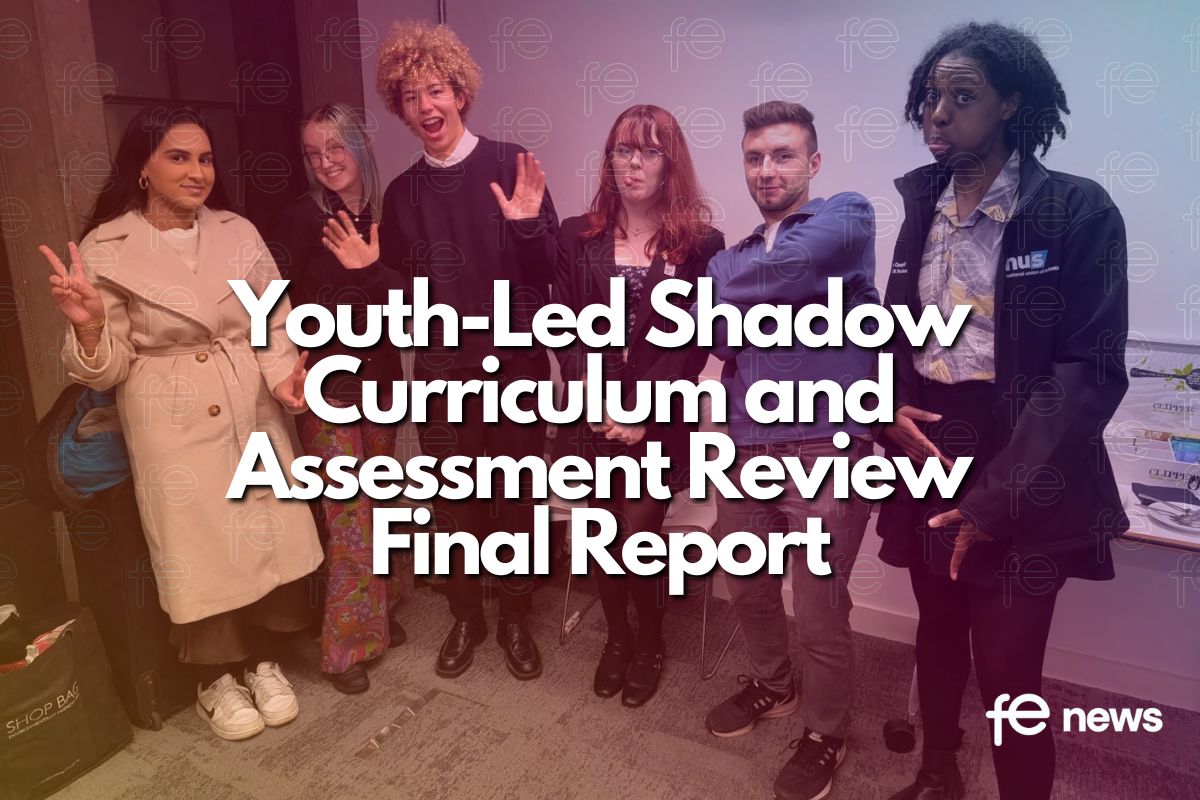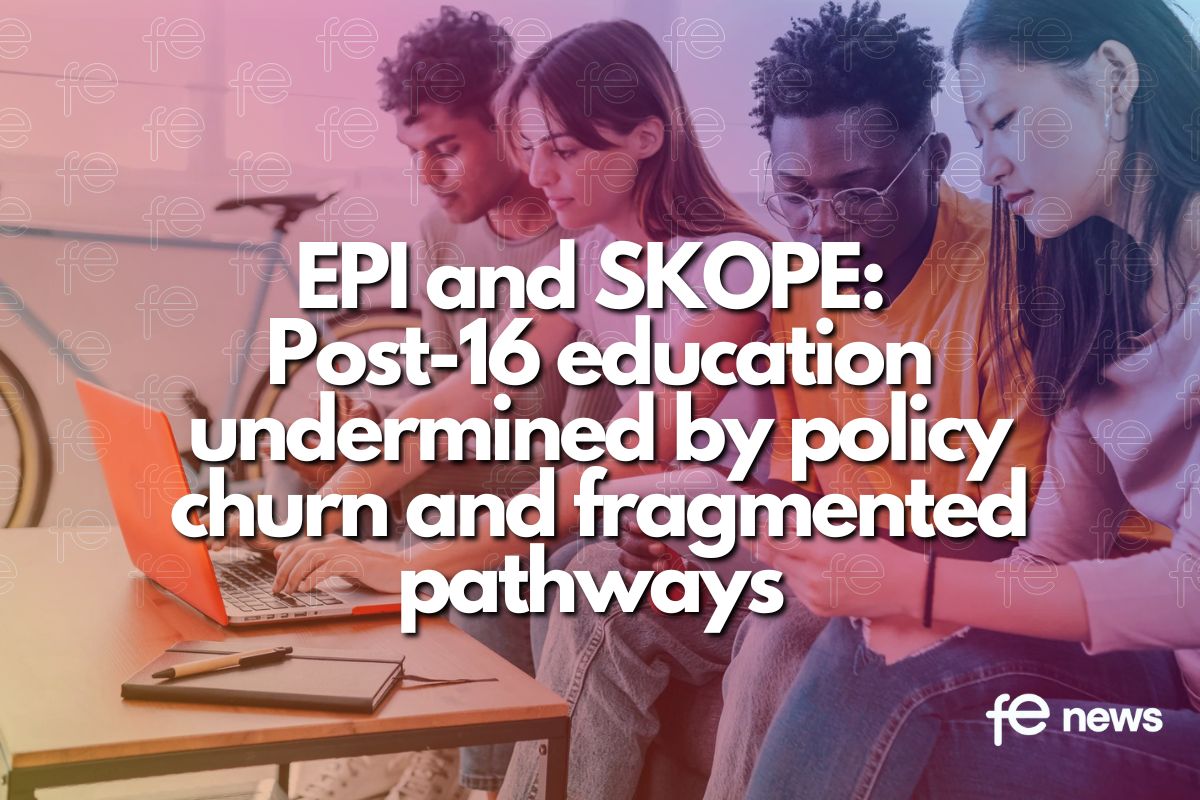Ofsted’s New Education Inspection Framework 2019 – Sector Response

Ofsted’s New Inspection Arrangements: Inspecting the substance of education
Ofsted’s Chief Inspector, Amanda Spielman, launched a consultation on proposals for the 2019 education inspection framework at the Sixth Form Colleges Association Winter Conference, Jan 2019.
Ofsted has published the outcome of the consultation on its new education inspection framework, which will take effect from September 2019, with new inspection arrangements to focus on curriculum, behaviour and development.
Commenting on the new inspection arrangements for Ofsted,
 HM Chief Inspector Amanda Spielman said:
HM Chief Inspector Amanda Spielman said:
“This was the largest-ever consultation Ofsted has undertaken and I am very grateful to all those who took the time to respond.
“The new framework puts the real substance of education at the heart of inspection and supports leaders and teachers who act with integrity. We hope early years, schools and college leaders will no longer feel the need to generate and analyse masses of internal data for inspection. Instead, we want them to spend their time teaching and making a real difference to children’s lives, which is why they entered the profession in the first place.
“Our goal is really simple: to be a force for improvement through our inspections. We want to provide parents with the assurance they need, support teachers and leaders to excel – and help make sure all children and learners to get the education they deserve.”
 Education Secretary Damian Hinds said:
Education Secretary Damian Hinds said:
“Ofsted’s role in the education system is of vital importance – and the introduction of this new framework is a major step in supporting our shared drive to raise standards across the school system so that every child have access to a world class education.
“As we have improved the curriculum and reformed GCSEs and A levels, we have worked closely with Ofsted to make sure all children and young people benefit from an ambitious, broad and rounded curriculum. This framework reflects that approach and I am particularly pleased to see this alongside the enhanced focus on personal development. Together, a rounded curriculum and personal development will help prepare young people for adult life.
“For teachers, this framework will bolster our crucial efforts to drive down unnecessary workload by making sure teachers’ workload will be considered as part of a school’s inspection, and stop any use of internal data solely for Ofsted inspectors. I want to work together with the sector and Ofsted as this new framework is implemented, especially over the first transitional year, to make sure it is a positive change in our schools system”

Dr Mary Bousted, Joint General Secretary of the National Education Union, said:
“Ofsted is not proposing to abandon data as a key factor in its inspection judgements. Inspectors will still arrive at secondary school armed with data on Attainment 8, Progress 8, the proportion of pupils entered for EBacc subjects and the percentage achieving level 4 and level 5 passes at GCSE English and maths. And inspectors will still arrive at primary schools armed with data on KS 2 SATS results, the phonics test and, in time, the times table test and baseline assessment.
“Under the proposed framework, schools and colleges will not be able to contextualise their data in their conversations with inspectors, meaning that they will effectively be judged against national attainment scores which may bear little or no relationship to their own school’s or college’s student population.
“We believe that schools and colleges will still not be evaluated accurately or be provided with worthwhile feedback, and it will remain the case that Ofsted has neither the financial nor the human resources to effectively implement its ambitious inspection proposals. Ofsted does not have the capacity to quality assure its own judgements and we do not have confidence in the capacity of inspectors to make judgements on the curriculum, particularly out of their own subject/phase expertise.
“We also believe that the criteria looking at pupil’s resilience, character attributes and ‘virtues’ encourage a deficit model of mental health and wellbeing rather than looking at measures which assess a whole school approach to social and emotional wellbeing.
“The first step for a radical overhaul of the inspection system would have been the removal of the 4-grade system of judgements, to make space for proper professional conversations about curriculum, and to provide helpful information to support school improvement. Ofsted have woefully missed that opportunity.”
 Association of Employment and Learning Providers chief executive Mark Dawe said:
Association of Employment and Learning Providers chief executive Mark Dawe said:
“AELP strongly supports the outcome of the consultation because Ofsted has confirmed that the focus will be on the quality of the teaching and training, curriculum and progression – a far more sophisticated approach.
“On the issue of on-site preparation, we can understand why Ofsted has chosen not to proceed with it as a requirement, but why not leave it as an option for individual providers to offer it to the lead inspector? Our view is that both parties would benefit.”
 David Hughes, Chief Executive of the Association of Colleges, said:
David Hughes, Chief Executive of the Association of Colleges, said:
“It is clear that Ofsted sought and genuinely took on board the views of colleges, and there are lots of positives in today’s announcement about the new inspection framework. It is right that a separate grade for high needs is retained, that re-inspection timings for institutions that require improvement are updated, and that pre-inspection meetings only happening when necessary. 83% of colleges are currently graded good or outstanding and we will want to work closely with Ofsted to ensure that their inspectors are properly familiar with the full roles of colleges when reaching their future judgements.”
Chris Keates, General Secretary of the NASUWT-The Teachers’ Union, said:
“The NASUWT has long maintained that inspectors have a critical role to play in challenging schools and colleges that fail to take effective action to protect teachers from excessive and unnecessary workload burdens.
“It is, therefore, welcome that important provisions in this respect are to be included in the inspection framework and handbooks.
“The NASUWT has always been clear that poor working conditions and a disregard for the wellbeing of staff are not only bad for teachers but also undermine the quality of educational provision. It is, therefore, right that no school will be identified as outstanding unless it can demonstrate that it takes these matters seriously.
“It is also encouraging that Ofsted has recognised that previous versions of the inspection framework placed too much reliance on schools’ and colleges’ internally generated data. While data, used properly, has a role to play in informing teaching and learning, practice in schools and colleges is too often based on a poor understanding of the limitations of data, serves to undermine good assessment practice and is frequently at the heart of unfair and inequitable teacher performance management systems.
“The reduced focus on internal assessment data in inspection should be a wake-up call for those schools and colleges that have fallen for the deception peddled by suspect and expensive consultancies that foisting a crude and debilitating target culture on teachers, pupils and students supports the achievement of educational excellence. At last, no school or college will be able to fob off its staff, parents and learners with the excuse that such practices are necessary to avoid the ire of inspectors. That myth has been entirely busted.”
From September 2019, Ofsted will refocus inspections of schools, early years settings and further education and skills providers, to make sure that learners are receiving a high-quality education that puts them on a path to future success.
Ofsted inspectors will spend less time looking at exam results and test data, and more time considering how a nursery, school, college or other education provider has achieved their results. That is, whether they are the outcome of a broad, rich curriculum and real learning, or of teaching to the test and exam cramming.
The changes follow a 3-month public consultation, which prompted more than 15,000 responses – the highest number Ofsted has ever received.
Read the consultation outcome report.
Ofsted confirmed today that it will proceed with its headline proposal for a new ‘quality of education’ judgement, after it received strong support from three-quarters of respondents.
More than three-quarters of respondents also supported plans to introduce 2 new key judgements, evaluating learners’ ‘behaviour and attitudes’ separately from their ‘personal development’.
The ‘behaviour and attitudes’ judgement will assess whether leaders are creating a calm and orderly environment, where bullying is tackled effectively by leaders when it occurs. While the ‘personal development’ judgement will recognise the work early years providers, schools and colleges do to build young people’s resilience and confidence in later life, including through participation in sport, music and extra-curricular activities.
Together, these changes will make it easier for Ofsted to recognise and reward early years providers, schools and colleges that are doing the best they can for their pupils, particularly those working in challenging circumstances.
Schools will be empowered to always put the child first and be actively discouraged from negative practices, such as ‘off-rolling’, where schools remove pupils in their own best interests, rather than that of the pupils. Such schools are likely to find their ‘leadership and management’ judged inadequate under the new framework.
All inspection judgements will continue to be awarded under the current 4-point grading scale: outstanding; good; requires improvement; and inadequate. Reports will be redesigned and shortened to give parents the key information they need to know about a school and a sense of how it feels to be a pupil there.
The consultation was the result of nearly 2 years of research and engagement with teachers, headteachers, unions, academics and parents. The new framework and inspection handbooks, published today, will be used across all education inspections from September 2019.











Responses